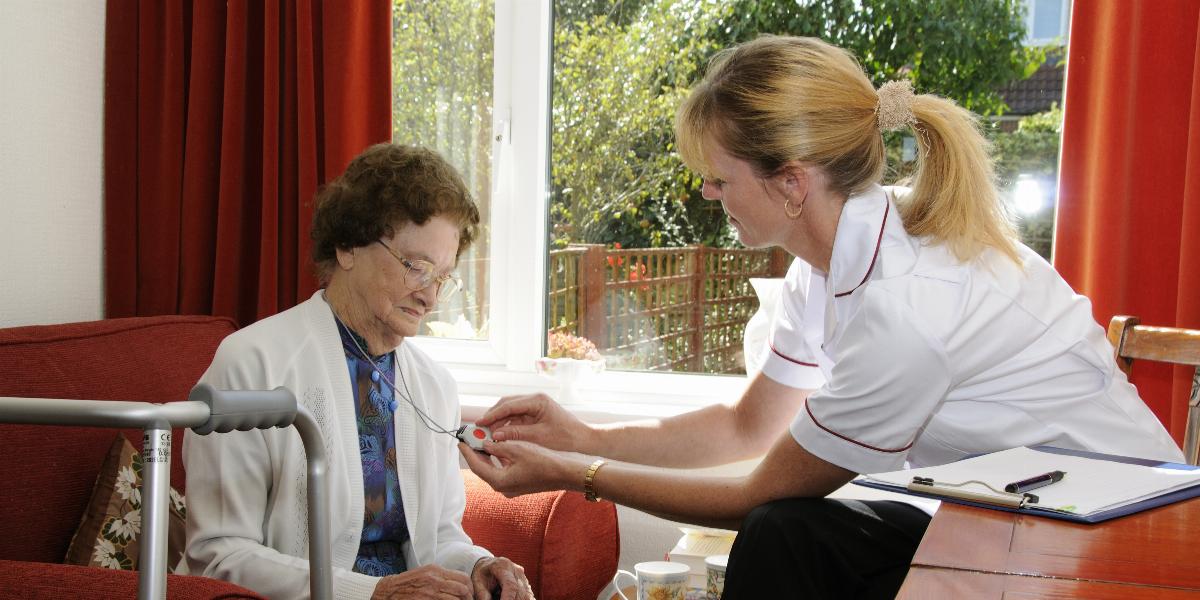Medical Alert Systems Can Make the Difference in a Bad Situation

As humans, we want to live independently. However, due to old age, deteriorating health, or other disabilities and chronic health conditions, it may be dangerous to do so. In these cases, medical alert systems can provide the help needed to remain living on one's own terms and in the comfort of their own home. As our bodily health begins to decline, the risk of falling with difficulties being able to rise increases. Because of these common emergent situations, medical alerts were invented. When one takes a fall or is in sudden need of urgent care, these systems will immediately call for medical assistance with the click of a button, or for some systems, certain movements that resemble a fall can trigger these alerts. Medical alert systems provide security and peace of mind so that people feel safe in unsupervised settings.
Who Uses Medical Alert Systems?
Medical alerts remind us that even when no one is around, we are not alone, and they are not specific to any one group of people. While these units are typically marketed to senior citizens, medical alert systems can be of great use to people of all ages who suffer from various disabilities and may need urgent assistance at the drop of a dime. Medical alerts are commonly carried by seniors or the disabled when they either live alone or aren't being supervised. Those with severe cases of autism, Down syndrome, cerebral palsy, advanced cases of diabetes, or other neurological conditions are common recipients. Medical alerts are used by those who are prone to falls or other accidents and require someone on call in case of emergencies.
Types of Medical Alert Systems
With so many manufacturers and medical alert systems to choose from, the buying process can be intimidating, but being informed about the different types and features available can surely alleviate some of the pressure. Medical alerts units are wearable devices, so whichever is chosen must be comfortable enough to be worn at all times. They usually come in the form of a pendant or wristband, made using silicone and various other materials. It is also wise to choose a waterproof version for bathing and showers as many falls occur during these times.
Mobile units are available for those who travel about. These devices are equipped with GPS systems so that help can be directed to the user when they are away from home. Diabetics and those who require additional health monitors may benefit from select systems that automatically record vital signs. Another key feature for users with declining health is the fall detection. This feature automatically alerts help when the wearer fails to rise from a fall after a certain amount of time.
Popular Medical Alert Subscriptions/Services
While many companies offer similar products, there are some that have earned more credibility than their counterparts over time. To make the selection process easier, here is a short list of some of the most popular services.
- Bay Alarm Medical In-Home Medical Alert- This company has shown to provide reliable services at a cost-effective price of $19.95 per month with no long term contracts. This system stands out because it is priced at a significantly lower point in comparison to its competitors while still offering quality products and services.
- Medical Guardian- Though priced at $44.95 monthly, Medical Guardian shows its value by providing superb customer service and products with 48-hour battery life (which is a lot longer than most others). Customers will also appreciate the various features offered such as medication reminders and wellness checks.
- MobileHelp- This company caters to seniors on the go. Offering various products to suit specific needs, the services include a fall detector, GPS tracker, cellular speakerphone connection, and an option to connect to a smartwatch.


